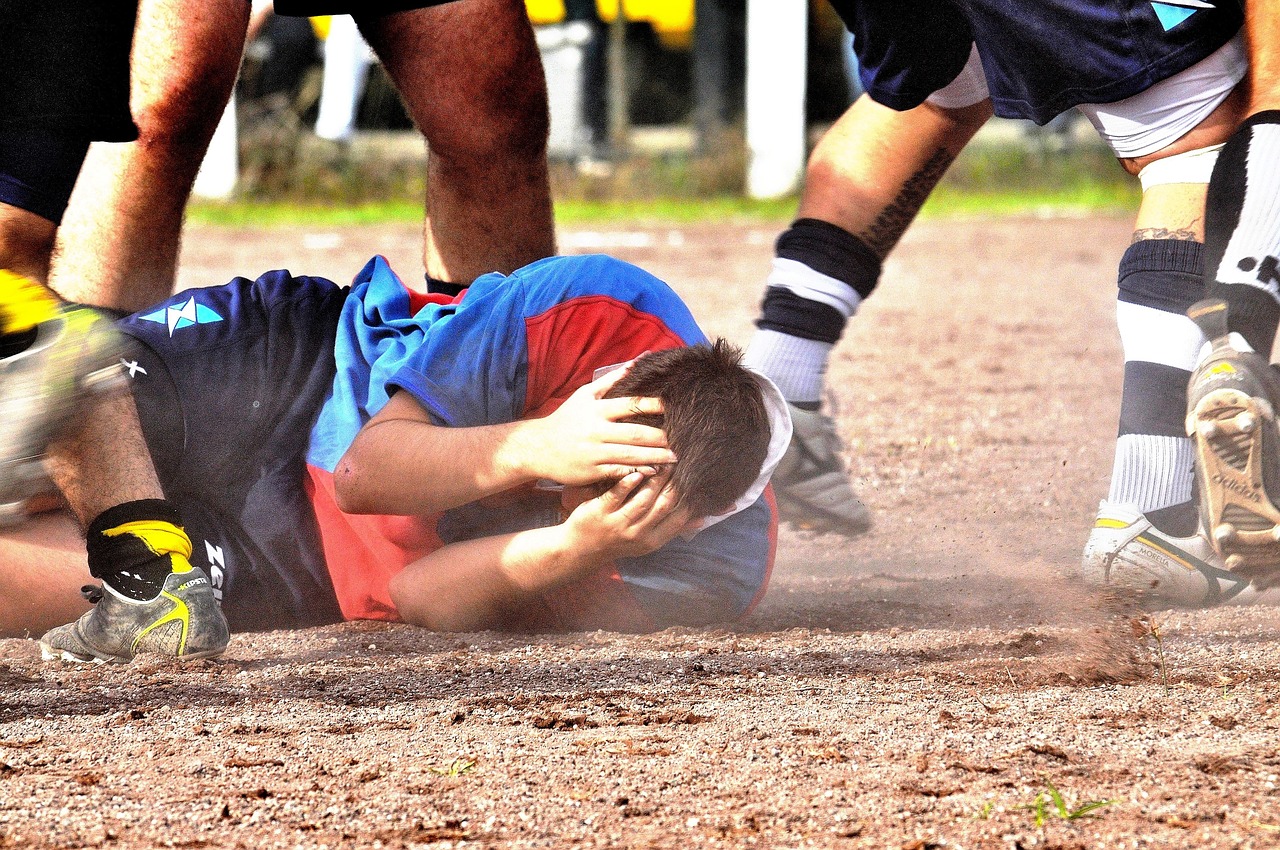Attachments
Note: Not all attachments are visible to the general public. Research URLs will go live after the embargo ends.

Research
JAMA, Web page
Please link to the article in online versions of your report (the URL will go live after the embargo ends).
Journal/
conference: JAMA Network Open
conference: JAMA Network Open
Research:Paper
Organisation/s:
University of Calgary–Foothills Medical Centre, Canada
Funder:
Ms McIntosh reported receiving grants from the Canadian Institutes of Health
Research and Hotchkiss Brain Institute during the conduct of the study. Dr Debert reported receiving grants from
the Canadian Institutes of Health Research during the conduct of the study



 International
International


